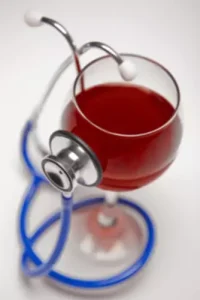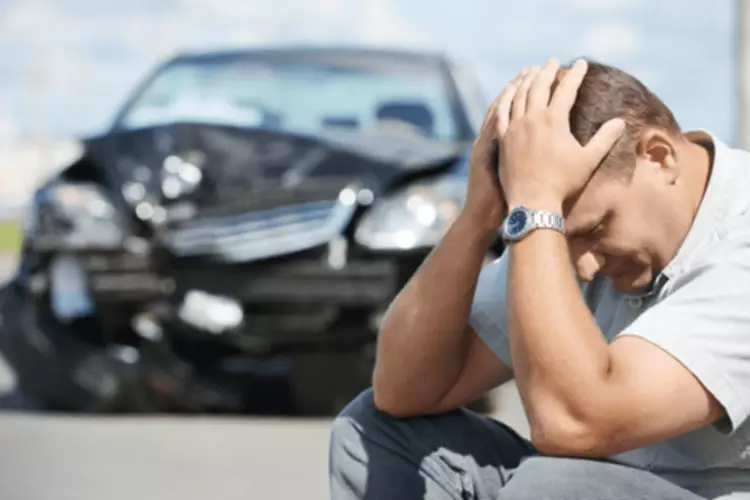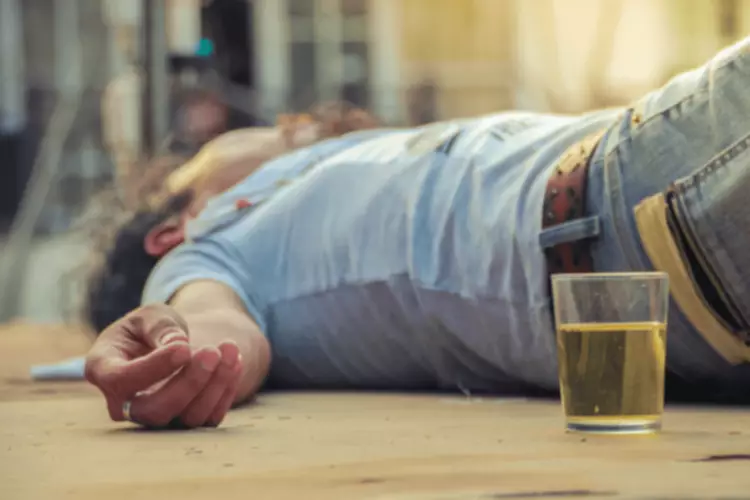
If you are ready to make a positive change today or just take a step in that direction, call an addiction hotline to start you or a loved one on the path to recovery. Deciding to receive treatment for marijuana addiction can be tough especially when some feel it is unnecessary. However, many people who want to get over an addiction can’t do it alone. The most important thing to remember is that you can beat this addiction.
Quitting Cold Turkey: Tips to Quitting

It can also help you is marijuana addictive feel better and more energized as you cope with symptoms of withdrawal. No matter what strategy you decide to use to stop smoking marijuana, several techniques can help you stick to your goals. Other support groups exist, such as the SMART Recovery™ program, for those looking for options outside the traditional 12-step model.
Comparison with other substances

For instance, it can be an effective way to stop your habit and get a fresh start. People who doubt their ability to reduce their marijuana use gradually may find this method more effective. John C. Umhau, MD, MPH, CPE is board-certified in addiction medicine and preventative medicine. For over 20 years Dr. Umhau was a senior clinical investigator at the National Institute on Alcohol Abuse and Alcoholism of the National Institutes of Health (NIH). For those whose lives are negatively affected by marijuana use, there are many options that lead to recovery. We may ask for your zip code or other pertinent geographic information in order to track calls being routed to other offices or to accurately identify the local resources appropriate to your needs.
- Those who are unable to control their use and intake, however, do meet the diagnostic qualifications of a substance use disorder or addiction.
- It is important to remember that all calls to marijuana addiction helplines are free and confidential.
- It prepares an individual for life after rehab and equips them with the necessary skills for long-term recovery.
- Because many communities do not offer MA, many seeking support in their recovery will find Narcotics Anonymous (NA) to be a more accessible option.
- A marijuana addiction hotline is typically a free and confidential service designed to put you in touch with treatment resources, including services for marijuana addiction.
Short term effects
Each helpline or hotline will ask questions based on the type of organization they are and what resources they assist in proving. When calling our marijuana helpline we will be asking questions that allow us first be able to clearly understand the current situation. From that point the focus shifts to getting a deeper take on how we can help. Marijuana hotlines, often called marijuana helplines, exist explicitly to help those battling with their addiction.
- All types of people find that they are overusing cannabis to the point where it is no longer fun or helpful.
- They can offer the encouragement and support that you need to be successful.
- Get professional help from an online addiction and mental health counselor from BetterHelp.
- The plant has historically been used recreationally for its mind-altering effects, which can include enhanced senses and changes in mood.

If you or someone you love has run away from home, this helpline can provide resources and support. This line is available 24/7 and helps support runaway youths, families in crisis, and people experiencing homelessness. The National Alliance on Mental Illness, referred to as NAMI, offers callers information, support, and referrals for mental health-related issues from Monday to Friday, 10 a.m. Call 988 if you or your loved one is experiencing a suicidal or emotional crisis.
If a person smokes cannabis daily, the risk of addiction is 25% to 50%. The American Psychiatric Association’s most recent criteria for substance use disorders include tools to identify cannabis addiction. For someone to be considered addicted, he or she must meet at least two of the 11 criteria, which include an inability to reduce consumption, constant cravings, and relationship and social problems. People in mid-to-late adolescence are most likely to begin using cannabis. Some genetic studies suggest that developing cannabis addiction is hereditary. A Yale Medicine-led study identified several gene variants that increase risk of cannabis dependence.

